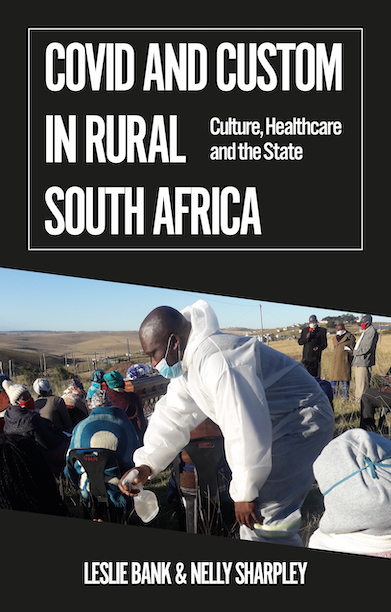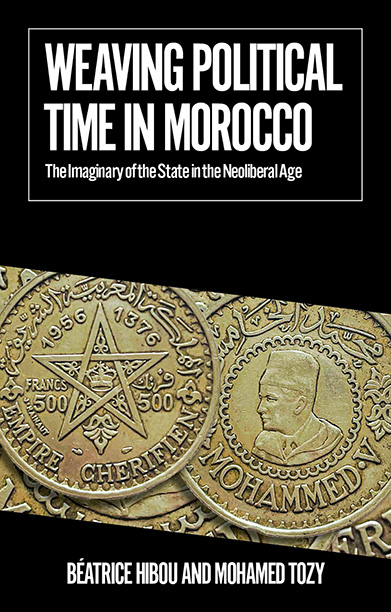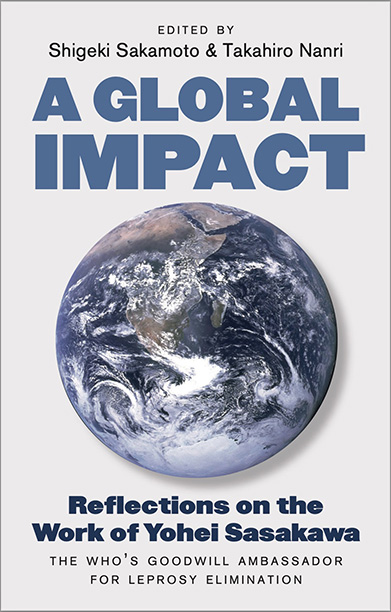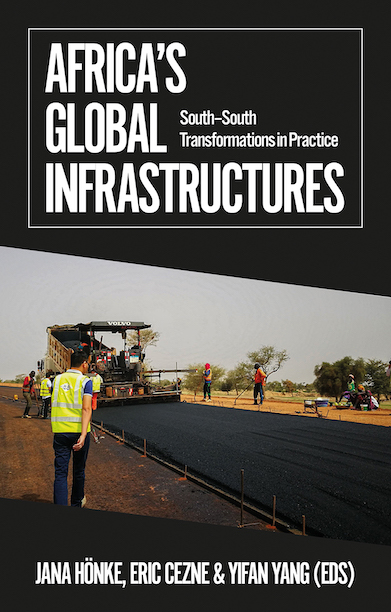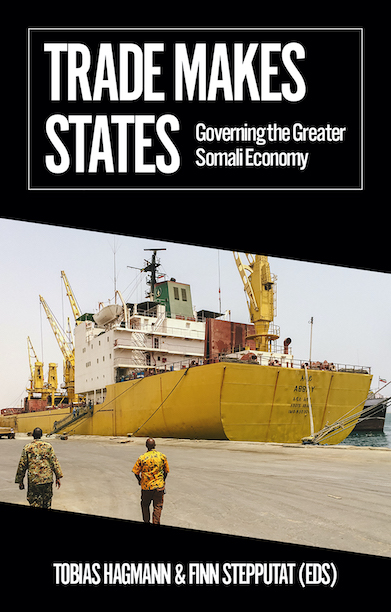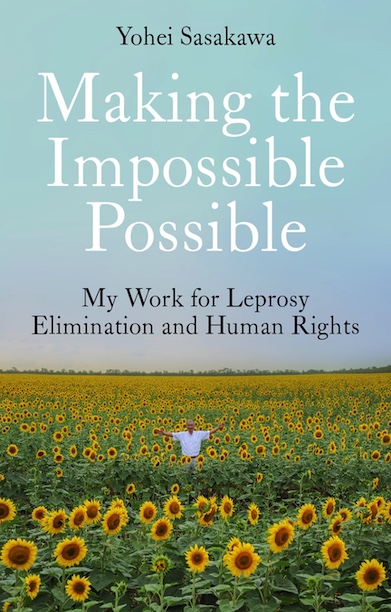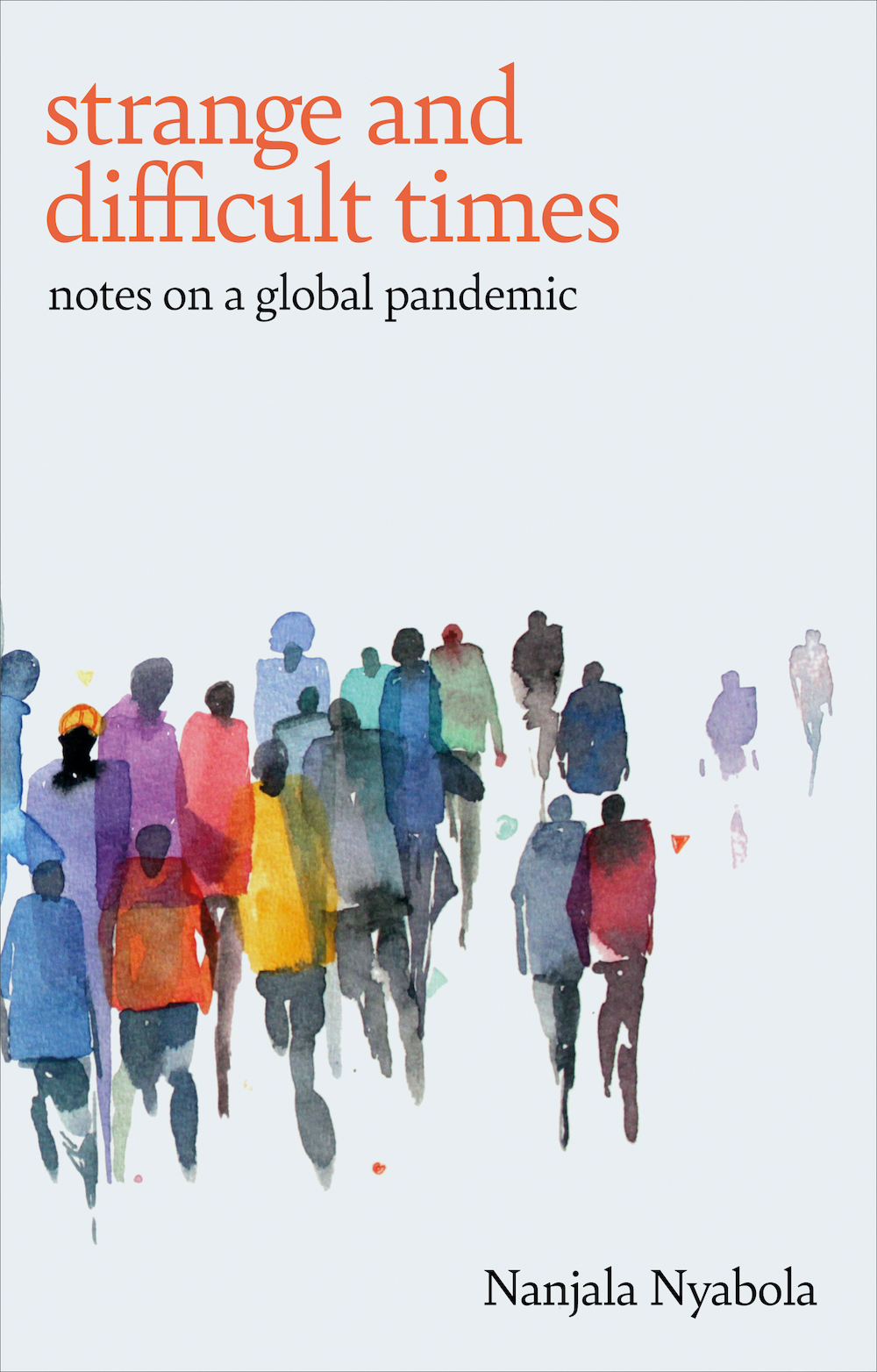Covid and Custom in Rural South Africa
Culture, Healthcare and the State
Part of the African Arguments seriesReveals how, in South Africa’s villages, heavy-handed pandemic policies and governmental communication failures have clashed with culture and tradition.
Description
This book explores the impact of Covid-19, and the associated state lockdown, on rural lives in a former homeland in South Africa. The 2020 Disaster Management Act saw the state sweep through rural areas, targeting funerals and other customary practices as potential ‘super-spreader’ events. This unprecedented clampdown produced widespread disruption, fear and anxiety. The authors build on path-breaking work concerning local responses to West Africa’s Ebola epidemic, and examine the HIV/AIDS pandemic, to understand the impact of the Covid crisis on these communities, and on rural Africa more broadly.
To shed light on the role of custom and ritual in rural social change during the pandemic, Covid and Custom in Rural South Africa applies long-term historical and ethnographic research; theories of people’s science, local knowledge and the human economy; and fieldwork conducted in ten rural South African communities during lockdown. The volume highlights differences between developments in Southern Africa and elsewhere on the continent, while exploring how the former apartheid homelands–commonly, yet problematically, represented as former ‘labour reserves’–have since been reconstituted as new home-spaces. In short, it explains why rural people have been so angered by the state’s assault on their cultural practices and institutions in the time of Covid.
Reviews
‘The authors expertly craft contextualised narratives and illustrate how communities, customs, home spaces and healthcare systems have developed into their contemporary forms.’ — Anthropology Southern Africa
‘Bank and Sharpley show how the pandemic exacerbated inequality, cultural conflicts, power discrepancies and contested leadership in South Africa. An excellent book, well written and convincing in its analysis, and the detailed ethnography from the Eastern Cape is simply magnificent.’ — Thomas Hylland Eriksen, Professor of Social Anthropology, University of Oslo
‘This detailed study shows how Covid regulations in South Africa prevented the most impacted rural communities from seeking the consolation of custom as they tried to bury their dead. It powerfully criticises the inhumanity of biocentrism in a developing society.’ — Robin Palmer, Professor of Anthropology, Rhodes University
‘A devastating indictment of policy failures driven by arrogance and contempt toward “custom”, this remarkable study also provides an exceptionally revealing account of the changing social and cultural conditions of South Africa’s rural periphery. An important and deeply insightful book.’ — James Ferguson, Susan S. and William H. Hindle Professor, School of Humanities and Sciences, Stanford University
‘A compelling ethnography of accentuated precarity in South Africa’s rural Eastern Cape, showing how the pandemic has preyed upon and exacerbated existing victimhood and vulnerabilities. Bank and Sharpley explore structural inequalities inherited from apartheid and compounded by corruption and lip-service to transformation under the ANC government.’ — Francis B. Nyamnjoh, Professor of Social Anthropology, University of Cape Town
Author(s)

Leslie Bank is Professor and Deputy Executive Director at the Human Sciences Research Council in South Africa. He is also Adjunct Professor of Social Anthropology at Walter Sisulu University. His recent books include City of Broken Dreams and the edited collection, Migrant Labour After Apartheid: The Inside Story.

Nelly Sharpley is a medical sociologist. Formerly head of Social Sciences at Walter Sisulu University, she also led Special Projects in the office of the vice-chancellor.
